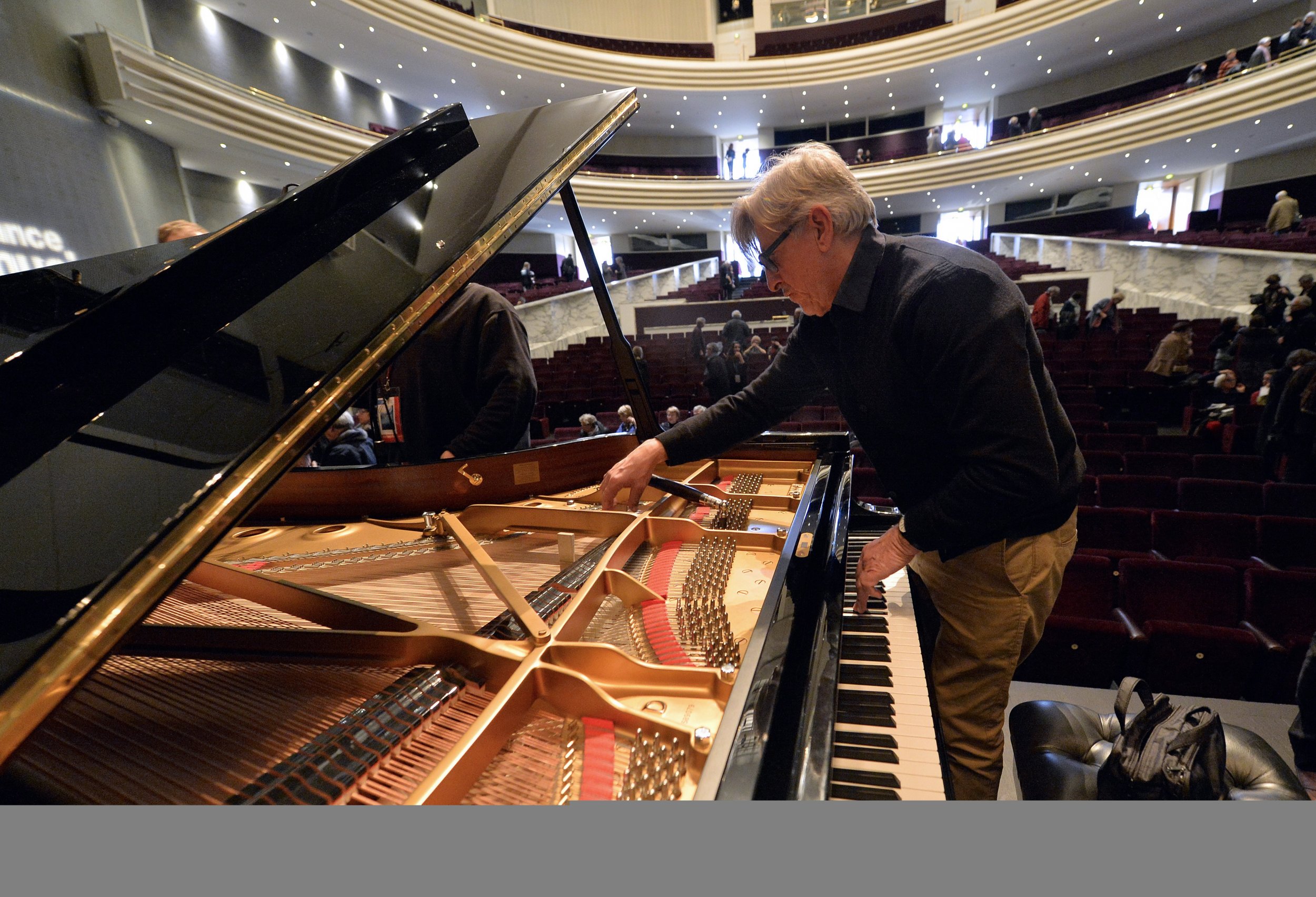
Sure, we're all capable of creativity, but some people are arguably more creative than others. New research may have found a biological reason for why that is, suggesting that highly creative individuals have stronger connections between three key sections of their brain.
The study, published online this week in the online journal Proceedings of the National Academy of Sciences, used a functional magnetic resonance imaging machine (fMRI) to observe the brains of volunteers as they completed creative tasks. The fMRI measured blood flow between different areas of the brains of 163 volunteers as they thought up creative ways to use common objects.
Initial results showed that creative tasks activated three key areas of the brain: the default network, the executive control network and the salience network, Live Science reported. The default network is traditionally associated with creativity, as it is responsible for tasks such as the imagination, daydreaming and spontaneous thinking. The executive network is involved with cognitive control functions such as memory and language. The salience network filters stimuli from the outside world.
Related: Brain Science: This Is Why Our Heads Don't Actually Explode When We're Learning
Though all three areas seemed to be involved in creative thinking in all volunteers, better connections between these three areas, as demonstrated by more blood flow between the areas, was associated with better performances in the creative tasks, Live Science reported.
This association between brain connections and creativity was so strong that the researchers could even predict how creative the volunteers' answers would be by only reading their fMRI results, Quartz reported.
Related: Why Thinking With Your Hands Helps Problem-Solving
This means that creative people are in fact wired differently than less creative folks and have more control over the connections in their brains. However, at the moment, it's not clear whether creative individuals are simply built this way, or if practicing a creative task over time builds up these connections.
"It's hard to tell whether the chicken came before the egg here since the study is correlational," study author Roger Beaty, a post-doctoral fellow at Harvard University who focuses on memory and brain flexibility told Newsweek, explaining that he plans to test this theory in the future. "It would be interesting to find out whether training in the arts and sciences leads to stronger connections in this network."
If these connections are flexible then there may be tangible benefits to increasing creativity. For example Jonathan Plucker, a psychologist from Indiana University who studied creativity in children found that lifetime creative accomplishments were more strongly associated with childhood creativity than childhood IQ, Harvard Business Review reported. This suggests that the benefits of creativity are long-lasting and could lead to more satisfying and exciting lifetime achievements.
Uncommon Knowledge
Newsweek is committed to challenging conventional wisdom and finding connections in the search for common ground.
Newsweek is committed to challenging conventional wisdom and finding connections in the search for common ground.
About the writer
To read how Newsweek uses AI as a newsroom tool, Click here.








